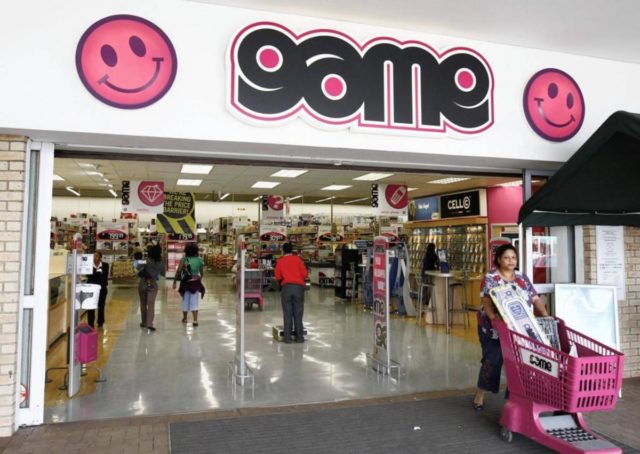
JOHANNESBURG – Massmart on Tuesday flagged that it planned to cull nearly 1 800 more jobs at its Game stores just months after it closed the loss making Dion Wired unit.
The group said it had begun Section 189 talks with organised labour over possibly cutting 1 800 jobs.
Massmart which operates Makro, Cambridge Foods and Builders Warehouse said the planned jobs cut came after an assessment to improve efficiencies at the Game stores.
The group said shareholders would be advised of the outcome of the consultation process.
In February chief executive Mitchell Slape said Game was going back to its basics and would decommission the fresh and frozen food category and introduce basic apparel including T-shirts to boost sustainability.
Lulama Qongqo, an investment analyst at Mergence Investment Managers, said yesterday the announcement came as a slight surprise.
Qongqo said the jobs cut were not expected to be so huge, given that the group was restructuring the Game stores.
She said only time would tell whether Game’s restructuring would help to return the stores to profitability, adding that all Massmart units were likely to go through some sort of restructuring from the retail to the head office level.
“Builders Warehouse is Massmart’s most successful business and I struggle to see how they will restructure them although they will. Makro is also part of the strategic review where it will be put into their new wholesale division,” Qongqo said.
Massmart closed 23 Dion-Wired stores in April, following failure to identify workable options that would return them to sustainable profitability. The retail industry has been hit hard by South Africa’s gloomy economic prospects, which have been further exacerbated by the Covid-19 pandemic global outbreak.
Yesterday, reports emerged that consumer confidence in the country had fallen to levels last seen in 1985 as a result of debt default and a partial state of emergency at the time.
Massmart said in its 2019 annual report that the operating environment was challenging as hard-pressed consumers opted to spend on non-durable goods rather than durable goods as they grappled with the slow wage growth and rising fuel costs.
Unum Capital head of research Peet Serfontein said that Massmart was trading at 2004 levels, signalling something must be wrong.
“A share is trading at such historic levels only when investors lose interest in the share and/or market behaviour changes.
“I think the latter is of more importance,” said Serfontein, adding that going forward and post Covid-19, industries like Massmart would need to align themselves to technology.
“Walmart is in the process of testing drone deliveries and holographic shopping. As soon as a business aligns itself to technology, it automatically means job losses. To survive the aftershocks of Covid-19 and then to align themselves with technology.”
Massmart shares declined 2.28 percent on the JSE yesterday to close at R22.29.
BUSINESS REPORT







